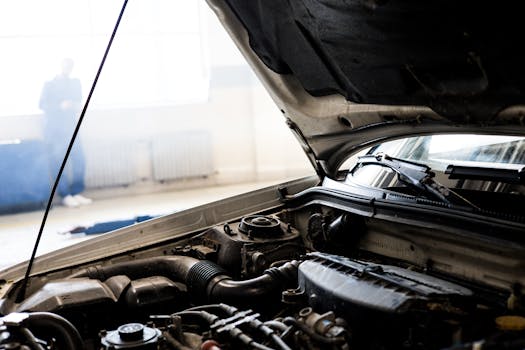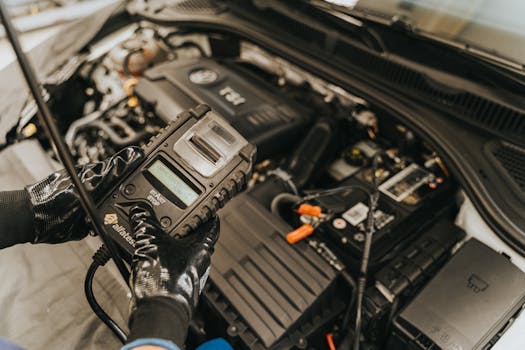
Essential Tips for Maintaining Your Car’s Engine Effectively
Takeaways: Regular maintenance of your car’s engine is crucial for its longevity and performance. Key practices include regular oil changes, air filter replacements, and cooling system checks. Invest time in understanding your vehicle’s needs, and consult a professional mechanic when necessary.
Maintaining your car’s engine is one of the most critical aspects of vehicle ownership. A well-maintained engine ensures your car runs smoothly, improves fuel efficiency, and prolongs the life of the vehicle. In this article, we will explore various strategies and practices that can help you maintain your car’s engine effectively.
Regular Oil Changes
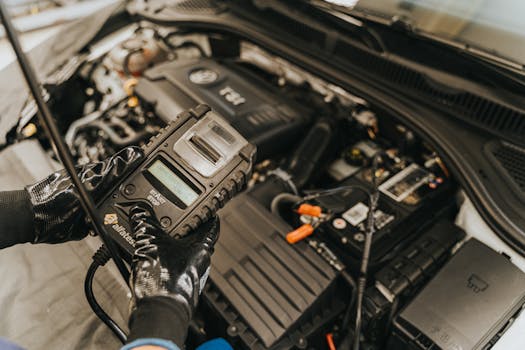
Most manufacturers recommend changing your engine oil every 3,000 to 5,000 miles, although some modern engines can go longer between changes. It’s essential to check your owner’s manual for the specific recommendations for your vehicle.
When changing the oil, it’s also a good idea to replace the oil filter. A clean filter helps maintain the quality of the oil and prevents contaminants from circulating through the engine.
Check and Replace Air Filters
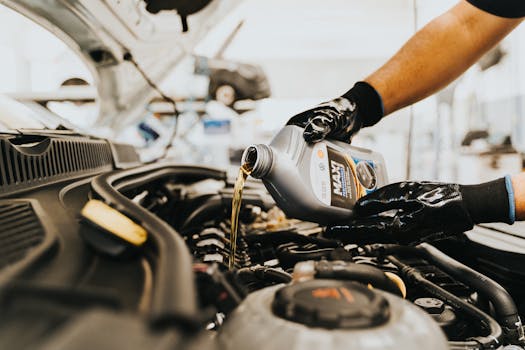
It is advisable to check your air filter every 12,000 to 15,000 miles and replace it as needed. In dusty conditions, you may need to replace it more frequently. A clean air filter not only helps your engine run smoothly but also improves fuel efficiency.
Monitor Coolant Levels
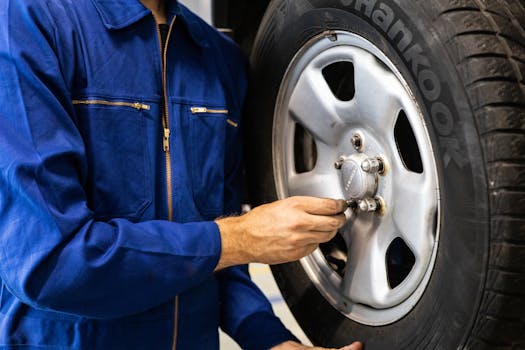
Inspect the coolant reservoir frequently and top off with the appropriate coolant type as needed. Additionally, consider flushing the cooling system as per your manufacturer’s recommendations to remove any buildup or contaminants.
Inspect Belts and Hoses
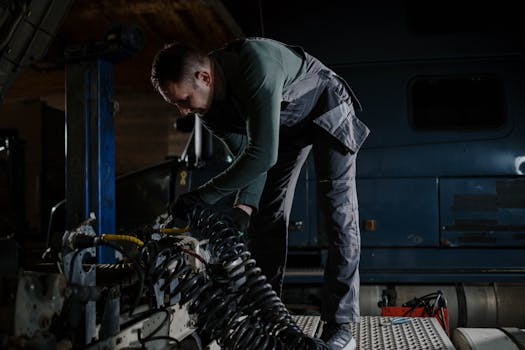
Replace any worn or damaged belts and hoses promptly to avoid breakdowns and costly repairs. Most manufacturers recommend replacing the timing belt every 60,000 to 100,000 miles, but it’s best to refer to your owner’s manual for specifics.
Keep an Eye on Fluid Levels
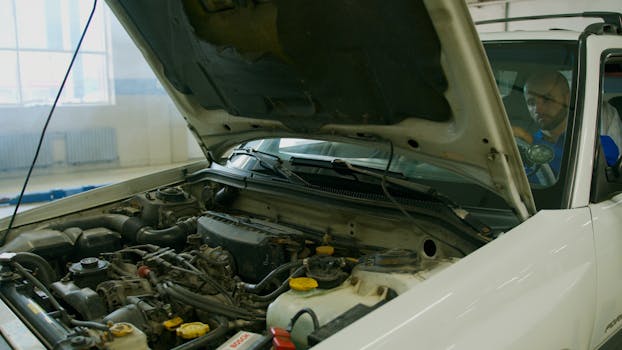
If you notice any fluid leaks or changes in fluid color or consistency, have your vehicle checked by a professional mechanic. Addressing these issues early can save you from more significant problems down the line.
Conclusion
